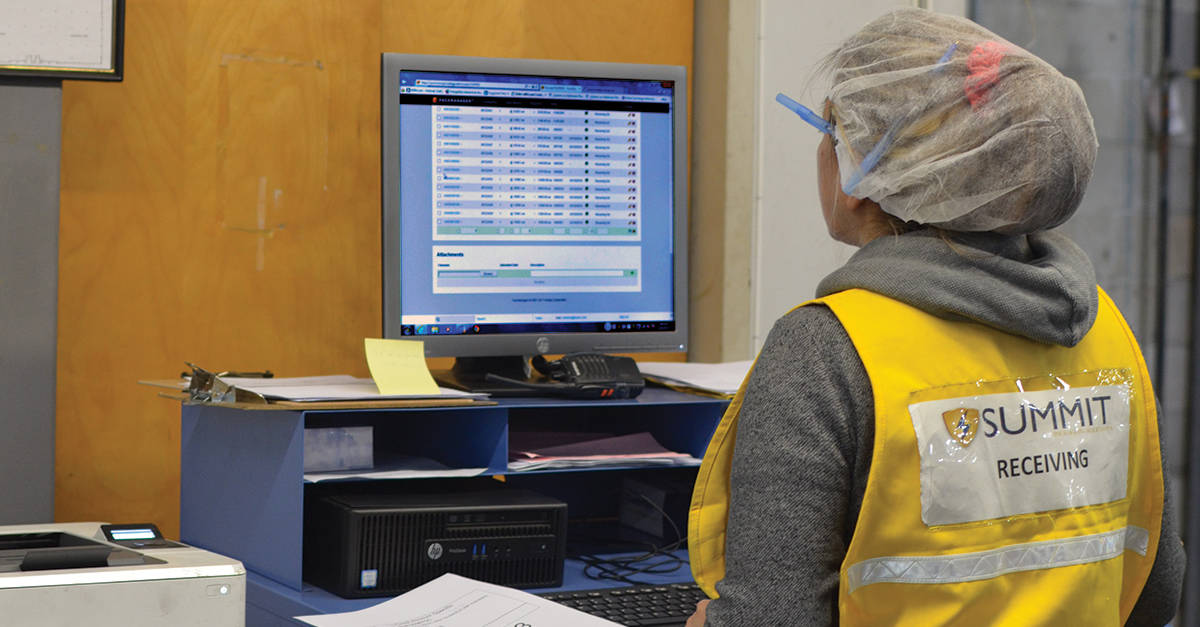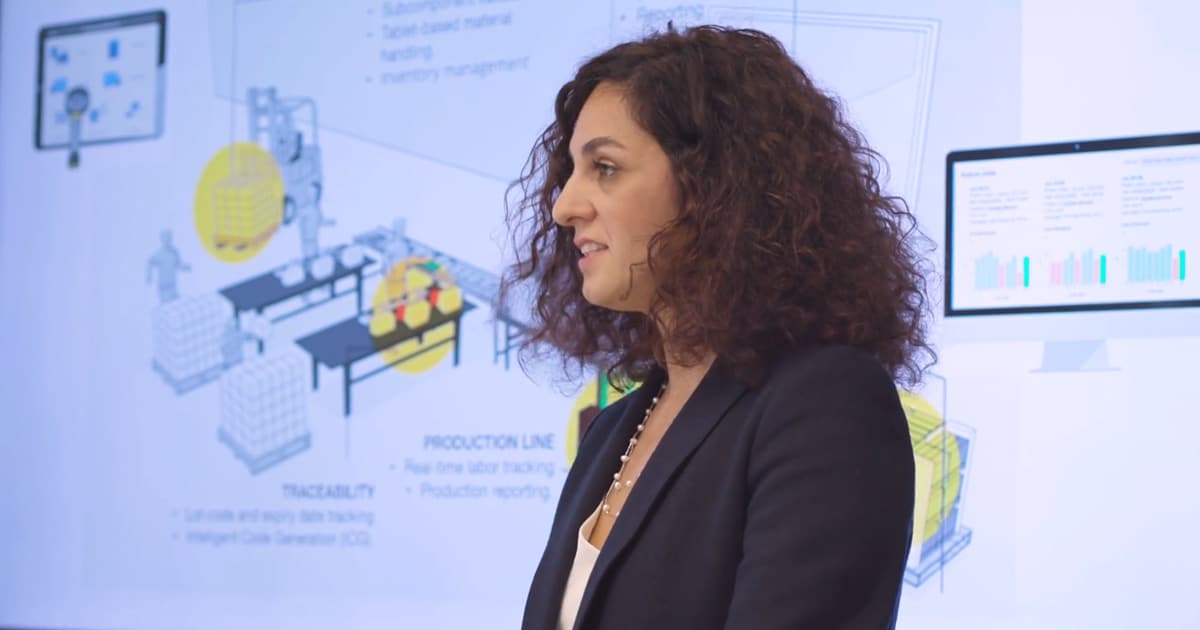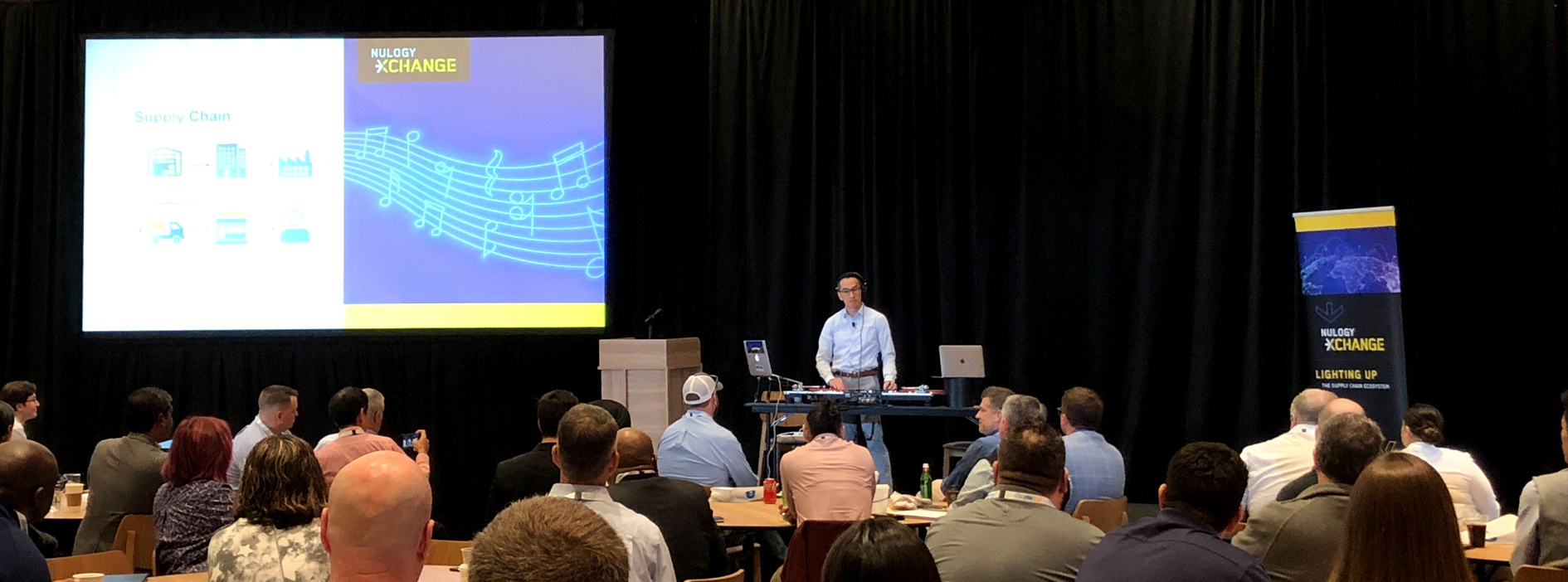In our latest episode of Supply Chain Unfiltered, our monthly live series produced by Let’s Talk Supply Chain, I had the pleasure of speaking with a seasoned executive and champion of transformation, Mandy McCain. Drawing from her extensive industry experience, including her tenure as a supply chain executive at Berry Global, Mandy shared some invaluable insights into the ups and downs witnessed in supply chain over the last five to 10 years. From technological advancements to global disruptions, we dove into the key trends shaping the future of supply chain management.
Resilience Amidst Change
At a time when the supply chain industry feels unpredictable due to geopolitical and economic variables out of our direct control, how do we foster resilience? To Mandy, resilience means the ability to consistently meet customers’ requirements. “That’s the most important thing,” she said. “[We have to have] very strong front end demand planning forecasting processes so that… we [can] react to increased or decreased demand.”
This is something I admire about Mandy: her ability to cut through the noise and identify a problem while always placing the customer first. We briefly spoke about the importance of companies having strong process-driven foundations and redundancy within their four walls, because without them, disruption is bound to send your business spiraling. Along with strong processes, another valuable asset for resilience is the ability to communicate efficiently–whether that’s with your suppliers, customers, or with others on your factory floor.
My thoughts? Industry disruptions, although not new, feel more intense amid today’s challenges. I believe being resilient means keeping in mind that everything can change without notice and you have to be prepared to make tough decisions to avoid business setbacks.
Driving Transformation
Driving transformation and digitalization within supply chains is critical to being able to make better decisions, faster. So, with this in mind, I wondered what Mandy, whose career history demonstrates a strong advocacy for supply chain transformation, thought was the initiating force to drive transformation in companies.
She first pointed out the fact that supply chain isn’t a linear set of actions; it’s an evolving image with many variables that change at the drop of a hat. “When you think about that ecosystem,” Mandy continued, “[you have] transformational leaders and transactional leaders.”
Inspired by the book “Step Up, Step Back,” by Elsbeth Johnson, Mandy said an effective leader who can truly drive transformation has to be both of those types. They have to know how to articulate their vision to the organization, help their team understand why the transformation matters and how it’s going to grow the company’s bottom line.
And, at the same time, that leader also has to have the ability to roll up their sleeves on the transactional side and really dig deep to help the team resolve the day-to-day issues, make the right decisions, and ensure balance.
“And so you have to look at three things [to drive transformation]: people, processes, and technology.”
My biggest takeaway during this segment was the importance of communicating the why behind decisions and not assuming or expecting for a team to just know it innately. The why is what benefits the whole ecosystem. “Being able to explain how something is impacting the business and being able to explain why the metrics matter is key,” said Mandy.
Empowering Women in Supply Chain
Finally, we dove into the hot topic of diversity and inclusion in our industry. I asked Mandy, “What have you discovered in your journey as a woman with a seat at the table?”
She began by encouraging more women to consider working in the manufacturing industry, an industry that continues to thrive and beg for different styles of problem-solving and solution-building. Collaboration among professionals with different viewpoints is oftentimes the best way to solve difficult problems. As someone who can relate, I agreed. If you’re a young woman who is going down the educational and career route of engineering or logistics, please consider supply chain in your future. We need a brain like yours.

Our male counterparts can help empower women by offering more opportunities for mentorship. “Just opening the curtain and inviting a female into the conversation” can give a woman the ability to share her expertise and gain perspective at the same time, explained Mandy.
We wrapped up the conversation with a focus on advice. What kind of advice would we give our younger selves?
Mandy’s answer was clear: invest in yourself by joining professional organizations who will help you build strong relationships. As I sat there, enjoying this talk with a fellow female industry colleague that I’ve known for years, I couldn’t agree more!
You can connect with Mandy on LinkedIn, and while you’re there, feel free to link up with me as well. We look forward to seeing you in June for the next episode of Supply Chain Unfiltered featuring Dr. Elouise Epstein, a distinguished thought leader in procurement and supply chain management at Kearney.









